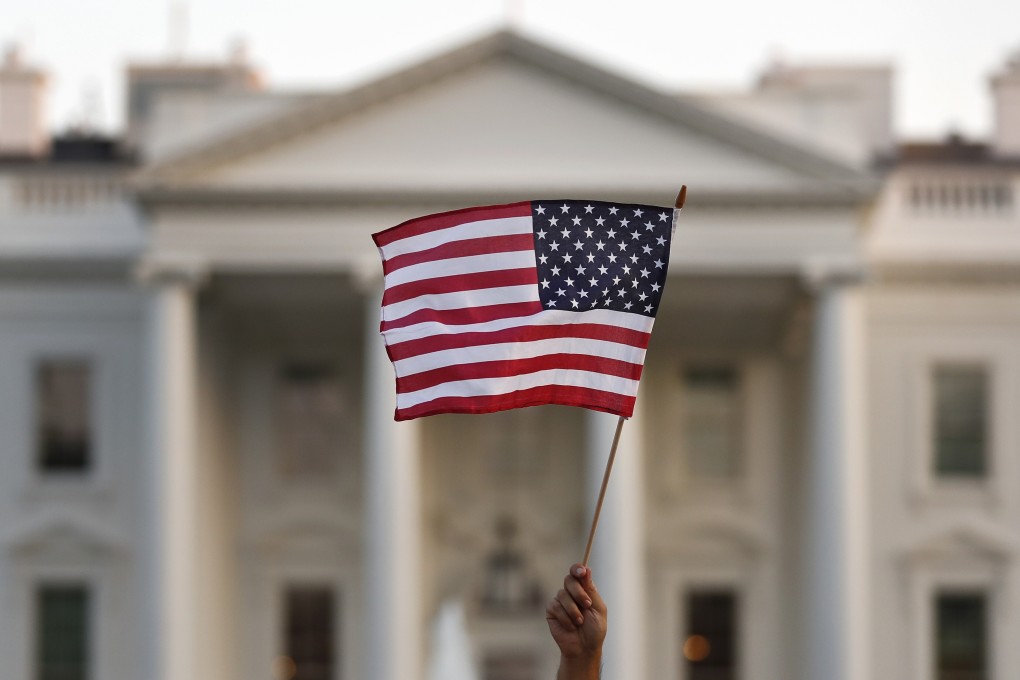My Take | From the end of history to the end of the United States
- Francis Fukuyama, the famous political scientist, has inadvertently been, for more than 30 years, the best barometer of America’s decline

As I now write about Francis Fukuyama, the famous American political scientist who once claimed Pax Americana was the end goal of human history, I am thinking of the great American economist Irving Fisher.
“Stocks have reached what looks like a permanently high plateau,” Fisher famously wrote soon before the crash of 1929 that started the Great Depression. He has been ridiculed ever since. A rich man before the crash, he died in poverty.
Soon after the fall of the Berlin Wall, Fukuyama, then a young scholar, published an essay and then a book that struck a chord with many people – and perhaps captured what his one-time philosophical hero Hegel might call “the spirit of the age” – by arguing Western democracy and free-market capitalism have triumphed after history has tried all the other political and economic systems and found them all to be failures.
The United States is not likely to regain its earlier hegemonic status, nor should it aspire to
As he has just written in The Economist magazine: “The horrifying images of desperate Afghans trying to get out of Kabul this week after the United States-backed government collapsed have evoked a major juncture in world history, as America turned away from the world. The truth of the matter is that the end of the American era had come much earlier.”
OK, it’s not quite the end of America, but it is the end of the unipolar moment for the US to be the sole hegemonic power. Over time, for the rest of this century, it will become just one of several great powers, as others gain ground.

04:18
Fleeing Kabul: Female Afghan wheelchair basketball captain’s journey to Spain
Fukuyama wrote: “The degree of unipolarity in this period has been relatively rare in history, and the world has been reverting to a more normal state of multipolarity ever since, with China, Russia, India, Europe and other centres gaining power relative to America.
